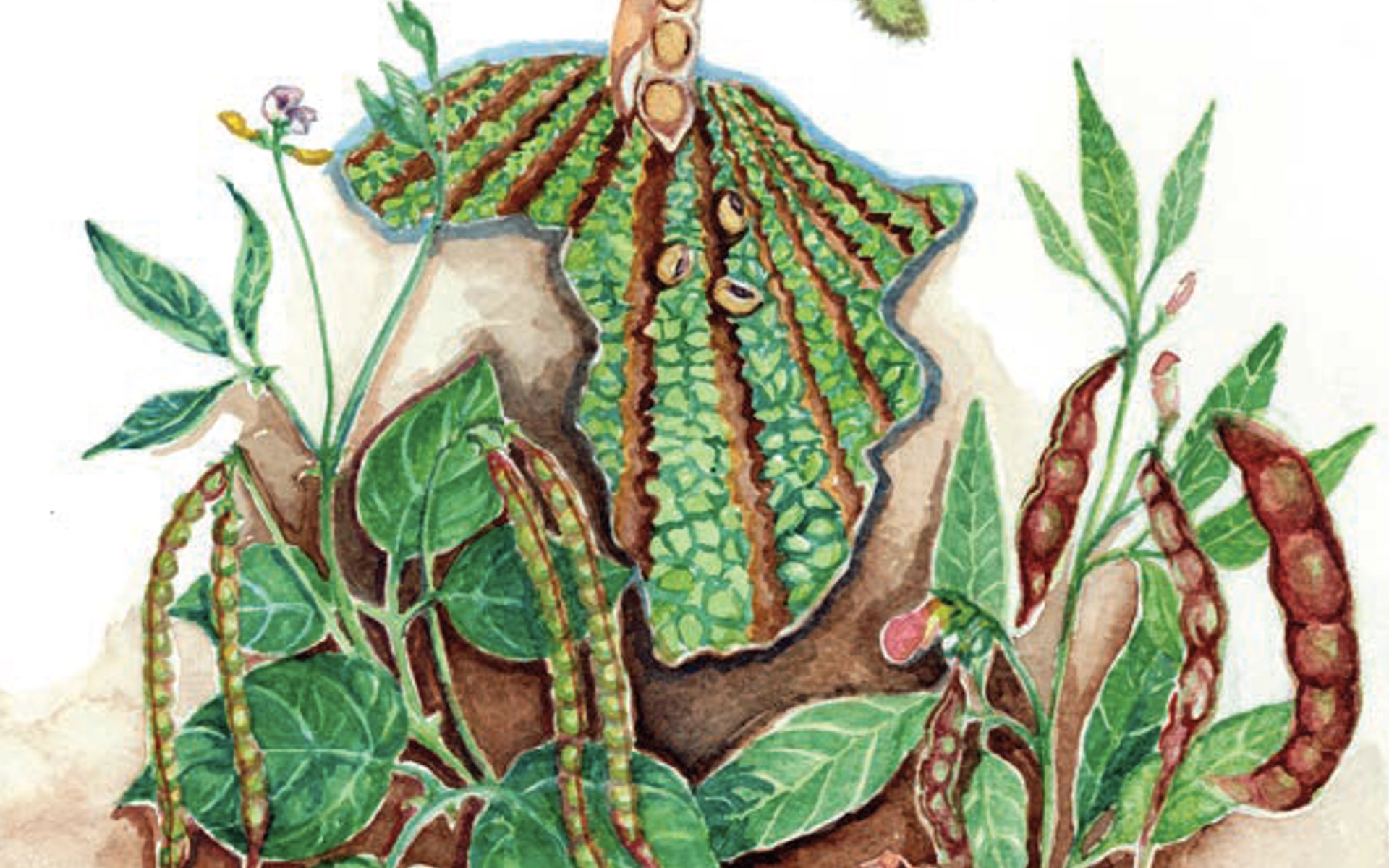Latest Resources

13 January 2017
Hands OFF Our Food Systems! Small Farmers NOT Corporates Feed Africa
This lobby paper Who will feed Africans: Small-scale farmers not corporations! produced by the partnership between FoEA and ACB, makes the compelling case for African agriculture to transition towards agroecology and food sovereignty, recognising and strengthening the role of small scale farmers, rather than benefiting few large scale corporations with detrimental ecological, socio-economic, and nutritional […]

15 October 2016
World Food Day – South Africa faces drought, rising food prices and false promises of GMOs
To cope with drought and rising food prices, we need to urgently move away from genetically modified food and towards indigenous African crops. So warns the African Centre for Biodiversity (ACB). “We need to urgently shift away from maize towards embracing a diversity of crops – particularly indigenous African summer grain crops such as sorghum […]

14 October 2016
Transitioning out of GM maize: Current drought is an opportunity for a more resilient and just fo...
Coinciding with World Food Day, the African Centre for Biodiversity (ACB), in a new report titled “Transitioning out of GM maize: towards nutrition security, climate adaptation, agro-ecology and social justice” makes a compelling case for South Africa to urgently transition out of GM maize production, to systems that are socially just, ecologically sustainable and provide […]

29 August 2016
N2 Africa, the Gates Foundation and Legume commercialisation in Africa
This report considers the N2Africa programme, which aims to develop and distribute improved, certified legume varieties (soya, common bean, groundnut and cow pea); promote and distribute inoculants and synthetic fertiliser; and develop commercial legume markets for smallholder integration in 13 countries in sub-Saharan Africa: Tanzania, Uganda, Ethiopia, Nigeria, Ghana (core countries); Kenya, Rwanda, Democratic Republic […]

13 July 2016
Soil fertility: Agroecology and not the Green Revolution for Africa
This synthesis report summarises ACB’s research on the Green Revolution push in Africa, based on fieldwork conducted in Malawi, Mozambique, Tanzania, Zambia and Zimbabwe over the past three years. The research indicates that the promotion of synthetic fertiliser use in Africa is only a short-term fix for enhancing soil fertility on the continent. In the […]

2 July 2016
Genetically Modified (GM) Soya in South Africa: Status Quo Report
This briefing paper presents the status of genetically modified (GM) soya in South Africa. GM Soyabean seed owned by Monsanto and genetically engineered to withstand the herbicide glyphosate, accounts for 90% of all soya bean production in South Africa. Download the report.

3 April 2016
The chicanery behind GM non-commercial ‘orphan crops’ and rice for Africa
This paper focuses on research and development (R&D) relevant to non-commercial so-called ‘orphan crops’ in Africa—cassava, sorghum, sweet potato, pigeon pea and millet —as well as one commercial crop, rice. This paper should be read in conjunction with work already produced on GM banana (Schnurr, 2014) and GM cowpea (ACB, 2015). These non- commercial crops […]

6 July 2015
GM and seed industry eye Africa’s lucrative cowpea seed markets: The political economy of cowpea ...
The African Centre for Biodiversity (ACB) has today released a new report titled, GM and seed industry eye Africa’s lucrative cowpea seed markets: The political economy of cowpea in Nigeria, Burkina Faso, Ghana and Malawi. The report shows a strong interest by the seed industry in commercialising cowpea seed production and distribution in West Africa, […]

11 June 2015
Cottoning onto the lie: GM cotton will harm not help small farmers in Africa
After five seasons of genetically modified (GM) cotton cultivation in Burkina Faso farmers are denouncing their contracts with Monsanto and cotton stakeholders are discussing compensation for losses incurred since 2008 due to low yields and low quality fibre. Many other African governments are poised to follow suit but should note how GM cotton has impoverished […]

4 May 2015
Gates and Monsanto’s Water Efficient Maize for Africa (WEMA) Project
In this report, the ACB interrogates the Gates Foundation and Monsanto’s Water Efficient Maize for Africa (WEMA) project and exposes it to be nothing more than corporate ‘green washing’, designed to ensnare small holder farmers into adopting hybrid and GM maize in order to benefit seed and agro-chemical companies.
